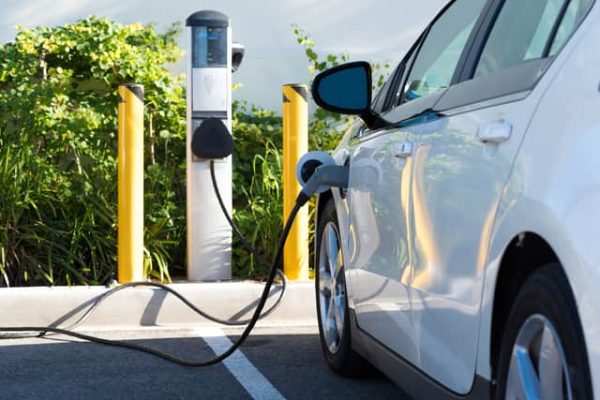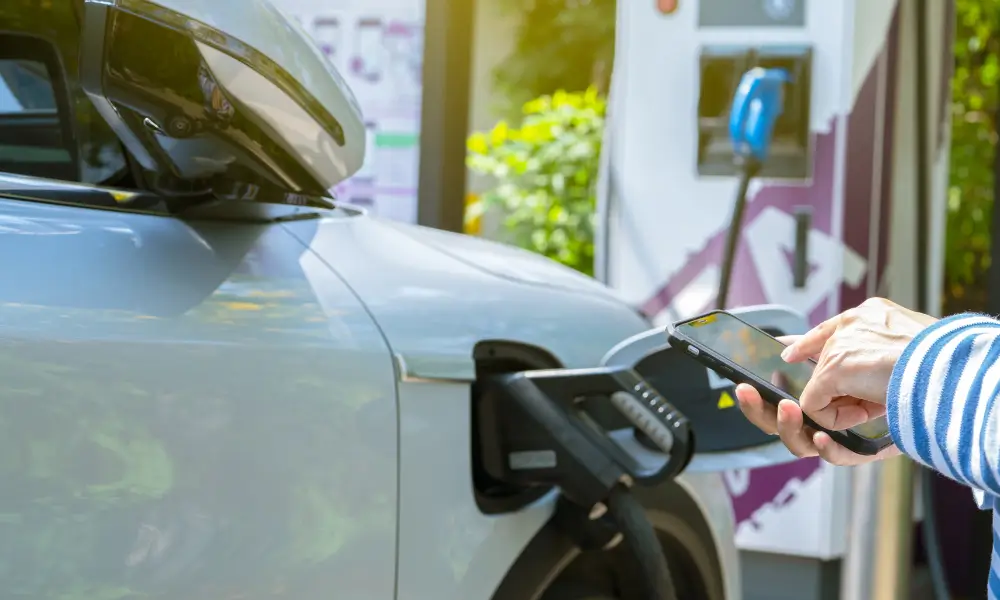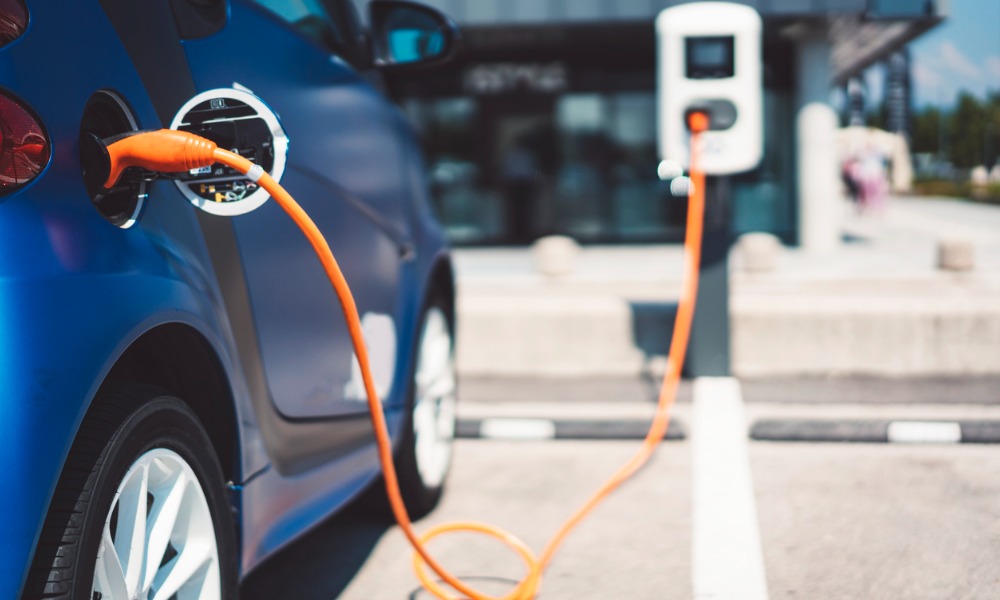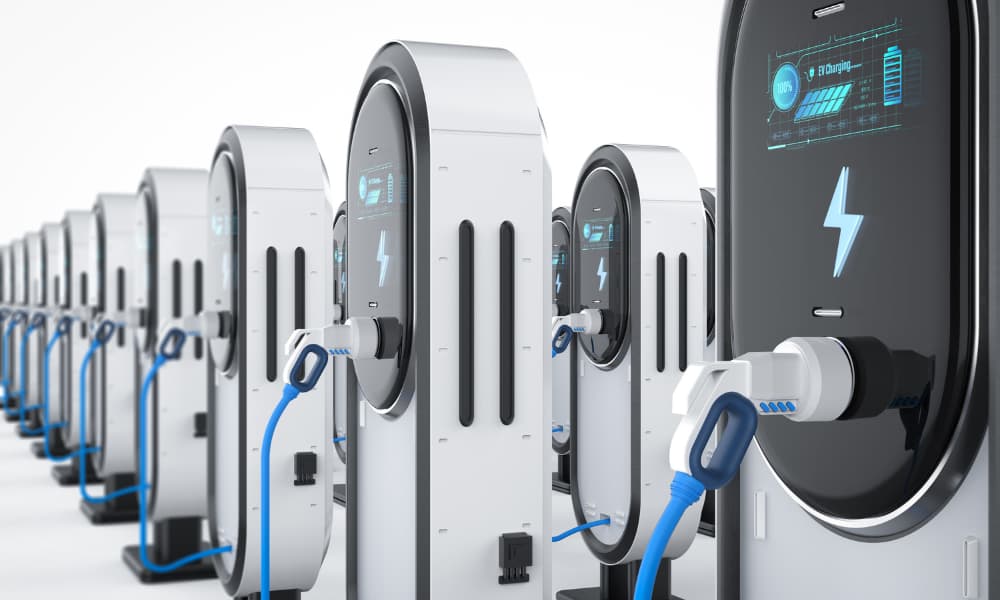As electric vehicles (EVs) become a central part of sustainable transportation, advancements in charging technology are redefining how EVs are powered. Wireless and solar-powered charging are emerging as the next frontier, promising greater convenience and eco-friendliness. These innovative solutions are poised to transform EV ownership and address the challenges of traditional charging methods. Here’s an in-depth look at the future of EV charging, focusing on wireless and solar-powered options.
The Evolution of EV Charging Technology
Traditional EV charging relies on plug-in systems that require physical cables to transfer electricity from a charging station to the vehicle. While efficient, these systems have limitations, including the need for extensive charging infrastructure and reliance on grid electricity. Wireless and solar-powered charging aim to overcome these challenges by offering advanced, sustainable solutions.
Wireless EV Charging: How It Works
Wireless EV charging, also known as inductive charging, uses electromagnetic fields to transfer energy between a charging pad and an EV. Here’s how it works:
- Charging Pad: A ground-mounted charging pad emits an electromagnetic field when connected to a power source.
- Receiver Coil: The EV is equipped with a receiver coil that converts the electromagnetic energy into electricity to charge the battery.
- Alignment Technology: Advanced systems use alignment features to ensure efficient energy transfer even if the vehicle isn’t perfectly positioned.
This technology eliminates the need for cables, making it more convenient for users and reducing wear and tear on physical connectors.
Benefits of Wireless EV Charging

Wireless EV charging offers several advantages that make it a promising solution for the future:
- Convenience: Drivers can charge their EVs by simply parking over a charging pad, eliminating the hassle of plugging and unplugging cables.
- Durability: With no physical connections, wireless systems experience less wear and tear, reducing maintenance needs.
- Scalability: Wireless charging can be integrated into parking lots, public roads, and residential garages, offering seamless charging in various environments.
- Autonomous Integration: As autonomous vehicles become more common, wireless charging will enable self-driving cars to recharge without human intervention.
Solar-Powered EV Charging: Harnessing Renewable Energy
Solar-powered EV charging leverages sunlight to generate electricity, providing a clean and sustainable energy source. Solar charging stations typically consist of:
- Solar Panels: Installed on rooftops, carports, or dedicated structures to capture sunlight.
- Battery Storage: Stores excess energy generated during the day for use at night or during cloudy conditions.
- Charging Equipment: Connects the solar system to the EV for efficient power transfer.
Solar-powered charging is particularly appealing for eco-conscious EV owners looking to reduce their carbon footprint.
Advantages of Solar-Powered EV Charging
Solar-powered charging brings numerous benefits, making it a viable alternative to traditional methods:
- Environmental Impact: By using renewable energy, solar charging significantly reduces greenhouse gas emissions and reliance on fossil fuels.
- Energy Independence: EV owners can generate their electricity, reducing dependency on the grid and shielding against rising energy costs.
- Cost Savings: Although the initial setup cost is higher, solar-powered systems can lead to long-term savings on electricity bills.
- Scalability: Solar charging can be deployed in residential, commercial, and public spaces, making it versatile for different needs.
Challenges and Future Prospects
While wireless and solar-powered EV charging offer immense potential, they face challenges that need to be addressed:
- Cost: The initial investment for wireless and solar systems is higher compared to traditional chargers, though prices are expected to decrease with technological advancements.
- Efficiency: Wireless charging systems currently have lower energy transfer efficiency compared to plug-in chargers, requiring further development.
- Infrastructure Development: Expanding solar and wireless charging infrastructure requires significant planning and investment from governments and private entities.
Despite these challenges, advancements in materials science, battery technology, and smart grid integration are paving the way for widespread adoption of these solutions.
The Road Ahead for EV Charging
The future of EV charging lies in innovation and sustainability. Wireless and solar-powered charging represent the next step in making EV ownership more accessible, convenient, and eco-friendly. As these technologies mature, they will play a critical role in accelerating the transition to a greener transportation system.




